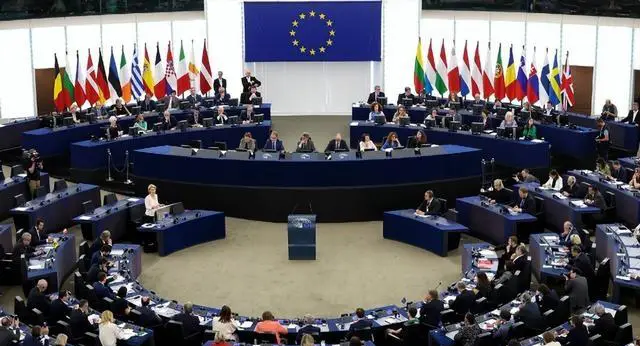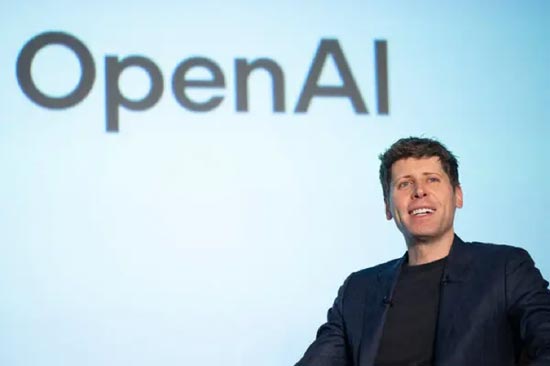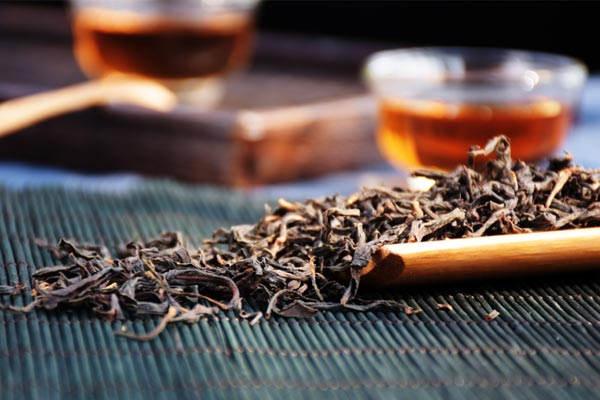It's hard to believe that before October 9th, while the Chinese Foreign Minister's plane was still in the air, Europe had already taken two swift actions, sending a strong signal to China in less than 24 hours.

First, the EU issued a statement on the Taiwan issue, reiterating its position that "Taiwan's status is undetermined." Then, the duty-free quota for steel was reduced to 18.3 million tons per year, with tariffs on any excess instantly soaring to 50%-100%. This combination of moves was clearly intended to boost morale, but in reality, it only heightened tensions.
As Europe launched its offensive, China responded with a single announcement: that same day, it announced export controls on rare earth-related technology, adding smelting and production lines to the restricted list. This move completely closed the loophole, making any attempt to bypass China through technology transfer impossible.

Europe itself is facing numerous difficulties. Many governments are facing tight fiscal constraints, severe inflation, and the outflow of manufacturing has become a common practice. France faces fiscal constraints and increasing political pressure; Germany, once the "engine of Europe," has experienced two consecutive years of negative economic growth, and its former "Engine of Europe" is now under repair. Furthermore, issues such as aid to Ukraine and economic policy are also on the table, but different countries, sitting at the same table, have divergent views. Consequently, Italy and Switzerland have extended invitations to China, hoping to bridge the gap through cooperation.
However, a dramatic development unfolded after the EU demonstrated its "containment" stance, with China's rare earth ban unexpectedly imposing itself. In fact, the US and Europe have long hoped that China would relax its rare earth restrictions, even using von der Leyen's visit to China as leverage. However, China has not relented. This situation suggests a crucial message: this industrial chain cannot move forward without China.
Rare earths have an even more direct impact on the military industry. Rare earths are essential elements for precision weapons; without them, their overall effectiveness would be severely impacted. The West can only maintain daily supplies at best, making it difficult to play the "directing role" it once played. Some have suggested establishing their own industrial chain, which, while ambitious, is actually quite costly. Take the US shipbuilding industry, for example: civilian orders have almost vanished, resulting in slower shipbuilding and declining quality. In contrast, China's annual civilian shipbuilding output is approximately 40 million tons, allowing warship manufacturing costs to be easily amortized – a manifestation of its scale advantage.
Internal conflicts are also escalating in Europe. Former Chancellor Angela Merkel recently singled out Poland, Lithuania, Estonia, and Latvia as hindering engagement between France, Germany, and Russia, leading to the failure of Russia-Ukraine mediation. These remarks send a signal hotter than winter heating: continued conflict will only benefit other countries, while Europe will pay the price.
Even more troubling is the "strategic tool" argument. The EU's repeated tough economic and trade stances against China have failed to yield the expected benefits and instead further exacerbated the fragile economic situation. Now, internal opposition is growing, raising questions about the heavy price to pay if a failure to return to a pragmatic path is not imminent.
From Europe's series of moves to China's counterattack, less than 24 hours passed. The entire process resembles a high-altitude drop experiment—the influence of gravity cannot be ignored, but the landing point often exceeds expectations. While Europe appears to be taking the initiative, in reality, it exposes its dual anxieties about supply chains and internal consensus. China's response, on the other hand, was perfectly timed, hitting its opponent's weak spots. Perhaps everything happening now conveys a common message: Rather than wasting energy on "blocking the enemy," it's better to first patch our own vulnerabilities.

%20--%3e%3c!DOCTYPE%20svg%20PUBLIC%20'-//W3C//DTD%20SVG%201.1//EN'%20'http://www.w3.org/Graphics/SVG/1.1/DTD/svg11.dtd'%3e%3csvg%20version='1.1'%20id='图层_1'%20xmlns='http://www.w3.org/2000/svg'%20xmlns:xlink='http://www.w3.org/1999/xlink'%20x='0px'%20y='0px'%20width='256px'%20height='256px'%20viewBox='0%200%20256%20256'%20enable-background='new%200%200%20256%20256'%20xml:space='preserve'%3e%3cpath%20fill='%23FFFFFF'%20d='M194.597,24.009h35.292l-77.094,88.082l90.697,119.881h-71.021l-55.607-72.668L53.229,232.01H17.92%20l82.469-94.227L13.349,24.009h72.813l50.286,66.45l58.148-66.469V24.009z%20M182.217,210.889h19.566L75.538,44.014H54.583%20L182.217,210.889z'/%3e%3c/svg%3e)




